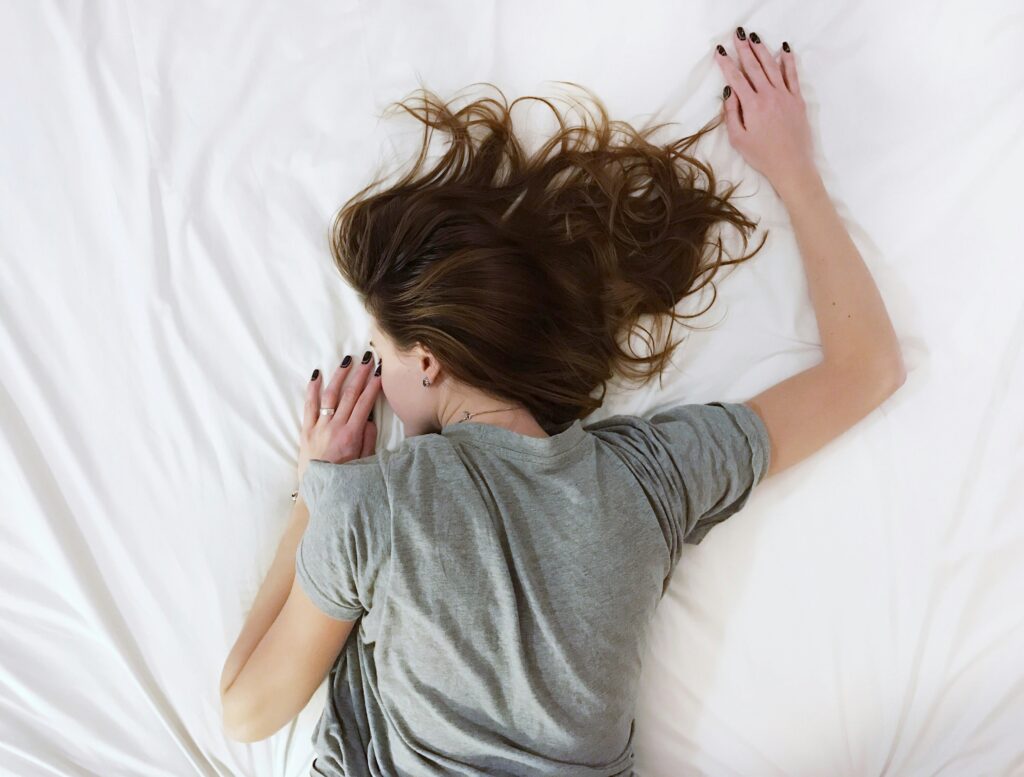Sleep and anxiety are intimately connected, so much so that sometimes we cannot tell which one comes first. In recent studies, findings indicate that in 43.5% cases of insomnia, anxiety symptoms preceded chronic insomnia. By contrast, the percentage of chronic insomnia and anxiety disorders occurring simultaneously was not too far behind at 38.6%, which implies that the presence of an anxiety disorder is closely related to the chronicity of current insomnia.
In addition, sleep studies reveal variation in sleep patterns based on the specific type of anxiety disorder. For example, they indicate that sleep maintenance (i.e., staying asleep) is altered in generalized anxiety disorder (GAD); both sleep maintenance and sleep initiation (i.e., falling asleep) are modified in panic disorders; however, the interaction between anxiety and insomnia remains unclear in individuals with obsessive compulsive disorder (OCD) and post traumatic stress disorder (PTSD).
PATTERNS OF INSOMINA ACROSS ANXIETY DISORDERS
Sleep studies using electroencephalogram (EEG) for each anxiety disorder shed more light on the pattern of sleep disturbances encountered by patients. Panic disorder patients for instance complain more often about middle night insomnia and late night insomnia compared to healthy people, yet one element unique to panic disorder is the report of recurrent nocturnal panic attacks. Nocturnal panic attacks are characterized by awakening from sleep in a state of panic, distinct from waking up due to a nightmare or external noise. They manifest as heightened distress caused by situations where vigilance or alertness is low, leaving the individual feeling vulnerable.
With GAD, insomnia is so prevalent that it is suggested that it could represent one of the core symptoms of the disorder, and the main picture that emerges is one of overall reduced sleep time. OCD, on the other hand, presents objective disturbances in sleep maintenance, but there is no clear understanding of their patterns. Finally, PTSD produces the least amount of data showing a stable presence of sleep disturbances, leading researchers to conclude that PTSD may no adversely affect physiological sleep in a dramatic way.
Reference:
Staner, L. (2003). Sleep and anxiety disorders. Dialogues Clin Neurosci, 5(3), 249-258. Retrieved from https://www.ncbi.nlm.nih.gov/pubmed/22033804

